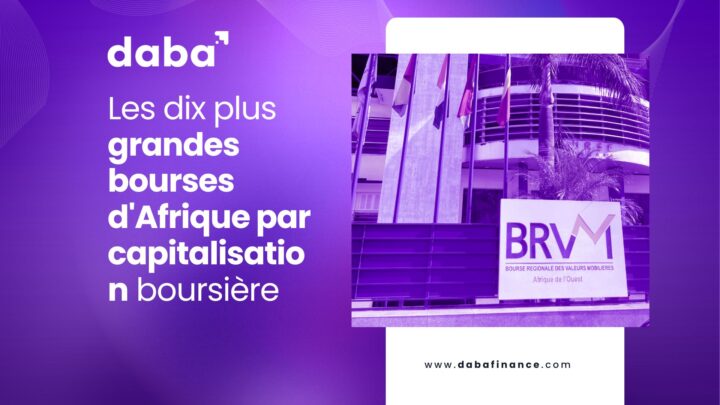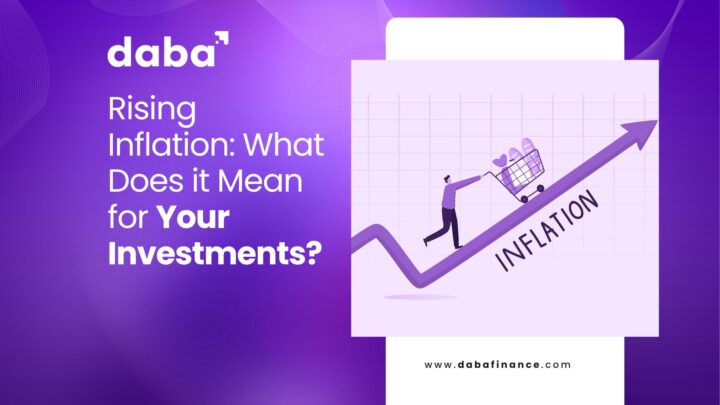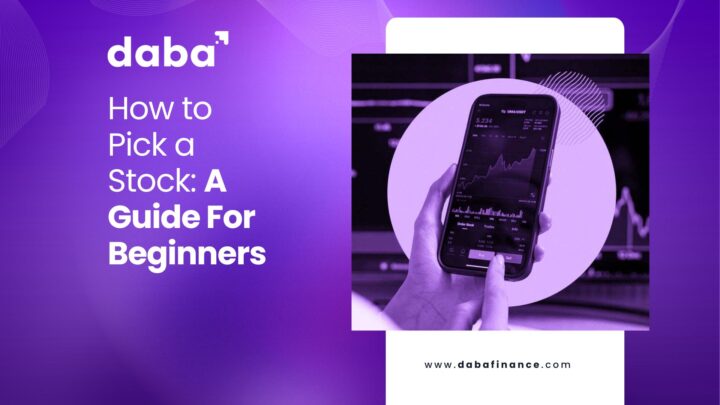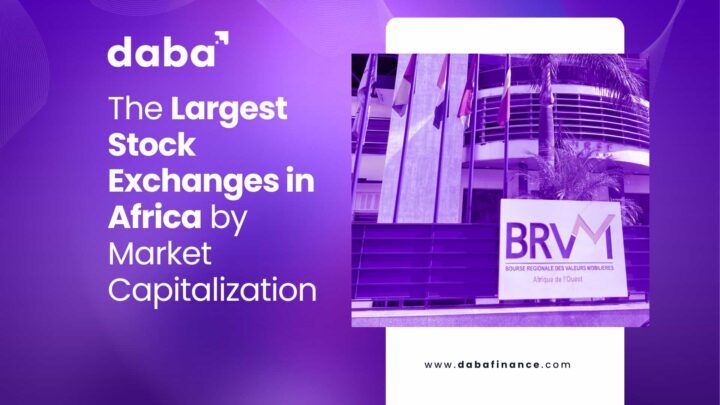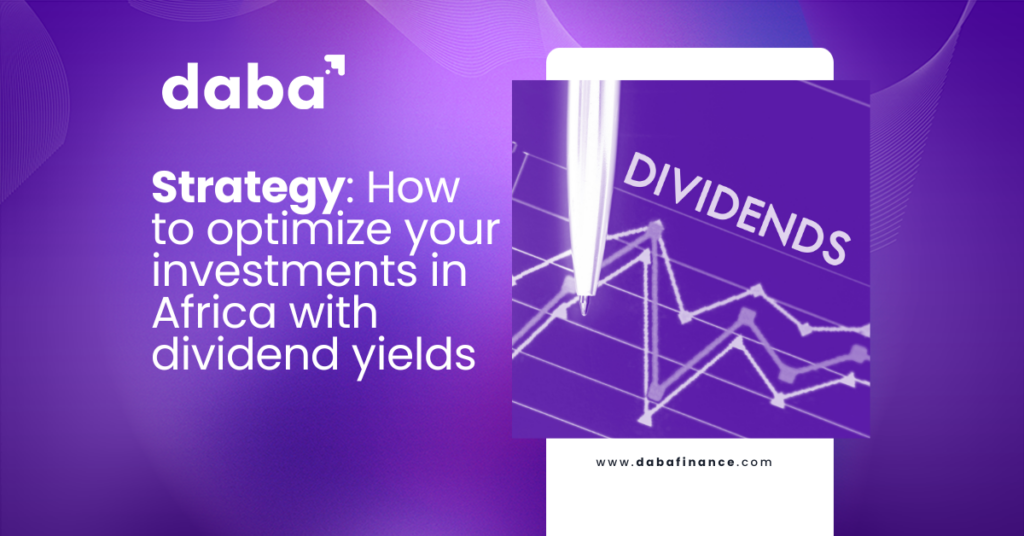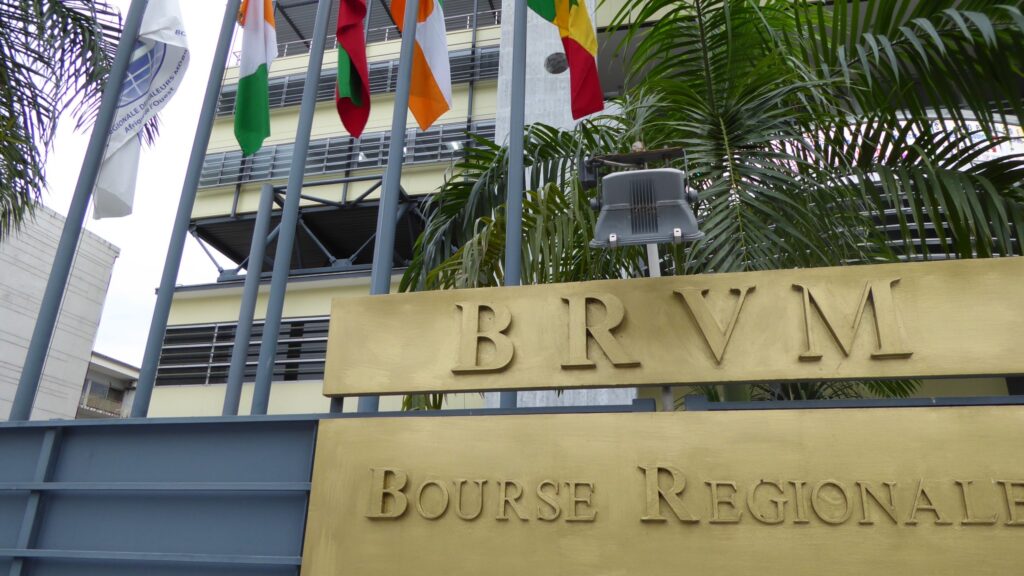Les marchés boursiers africains ont connu une croissance robuste, offrant des opportunités lucratives aux investisseurs. Découvrez les dix plus grandes bourses du continent par capitalisation boursière en mai 2024.
Les marchés boursiers africains ont connu une croissance robuste, offrant des opportunités lucratives aux investisseurs. Avec 29 bourses opérationnelles et une capitalisation boursière combinée d’environ 1,3 trillion de dollars, les bourses africaines contribuent à plus de 2 % du marché mondial.
Parmi les bourses les plus anciennes et les plus établies d’Afrique, on trouve la Bourse égyptienne (EGX), fondée en 1883, la Bourse de Casablanca au Maroc, qui remonte à 1929, la Bourse de Johannesburg (JSE) établie en 1887 et la Bourse des valeurs mobilières de Nairobi au Kenya, qui date de 1954.
Aujourd’hui, les cinq plus grands marchés boursiers par capitalisation boursière sont la JSE d’Afrique du Sud, la bourse de Casablanca, la Bourse du Botswana, la Nigerian Exchange (NGX) et l’EGX. Aux côtés de ces géants, des bourses importantes se trouvent également dans des pays comme le Kenya et la Bourse Régionale des Valeurs Mobilières (BRVM), qui dessert huit pays francophones de l’Union Économique et Monétaire Ouest Africaine (UEMOA).
En explorant les dix plus grandes bourses par capitalisation boursière, découvrez comment Daba peut renforcer votre parcours d’investissement à travers les marchés dynamiques de l’Afrique. Basé sur les dernières données du 31 mai 2024, fournies par Daba Intelligence, voici les dix plus grandes bourses d’Afrique classées par capitalisation boursière en dollars américains :
1. Bourse de Johannesburg (JSE) – 1 077 135 593 311,44 $
La Bourse de Johannesburg, fondée en 1887, est la plus grande d’Afrique avec une capitalisation boursière de 1,07 trillion de dollars. Il y a environ 354 entreprises cotées, les plus importantes étant Naspers Limited, FirstRand Limited et Standard Bank Group.
2. Bourse de Casablanca (MASI) – 69 840 114 180,22 $
La Bourse de Casablanca au Maroc, fondée en 1929, est la deuxième plus grande bourse d’Afrique avec une capitalisation boursière de 69,8 milliards de dollars. Les principales entreprises cotées incluent Attijariwafa Bank, Banque Centrale Populaire et Bank of Africa.
3. Bourse du Botswana (BSE) – 52 461 754 292,20 $
Avec une capitalisation boursière de 52,5 milliards de dollars, la Bourse du Botswana est la troisième plus grande d’Afrique. Les principales entreprises cotées incluent Anglo American Plc, First National Bank Botswana et Botswana Insurance Holdings.
Que vous soyez un investisseur institutionnel recherchant une exécution commerciale fiable ou un investisseur de détail cherchant à élargir vos horizons d’investissement, la plateforme conviviale de Daba garantit transparence et facilité d’utilisation. Téléchargez notre application maintenant pour commencer.
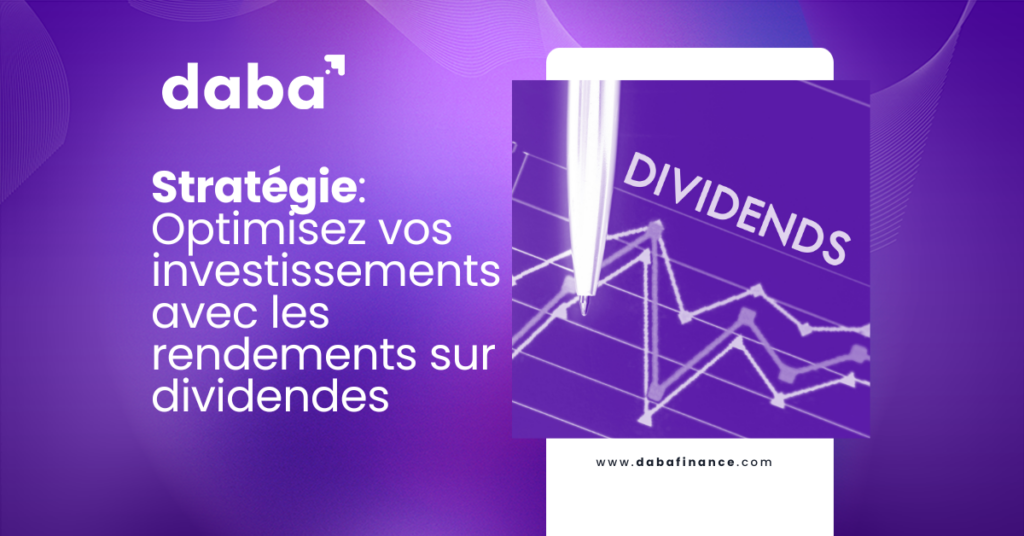
4. Nigerian Exchange (NGX) – 41 029 161 524,02 $
La NGX du Nigeria a une capitalisation boursière de 41 milliards de dollars, ce qui en fait la quatrième plus grande bourse d’Afrique. Les principales entreprises cotées incluent Airtel Africa Plc, MTN Nigeria Communications, Dangote Cement et BUA Cement.
5. Bourse égyptienne (EGX) – 40 278 844 587,20 $
La Bourse égyptienne, formée par la fusion des bourses d’Alexandrie et du Caire, a une capitalisation boursière de 40,3 milliards de dollars. Les principales entreprises cotées incluent Abu Qir Fertilizers, Alexandria Containers and Goods et Commercial International Bank.
Lisez aussi : Les petites capitalisations industrielles sud-africaines offrent aux investisseurs une opportunité unique
6. BRVM (Bourse Régionale des Valeurs Mobilières) – 13 821 814 055,37 $
La BRVM, bourse régionale desservant huit nations ouest-africaines, a une capitalisation boursière de 13,8 milliards de dollars. Environ 56 entreprises sont cotées et les principales cotations incluent Sonatel, Orange Côte d’Ivoire et Ecobank Transnational Incorporated.
7. Bourse des valeurs mobilières de Nairobi (NSE) – 13 639 305 859,51 $
La Bourse des valeurs mobilières de Nairobi au Kenya a une capitalisation boursière de 13,6 milliards de dollars. Safaricom, Equity Group Holdings et East African Breweries Limited sont ses plus grandes entreprises cotées. Fondée en 1954, la NSE est la plus grande bourse d’Afrique de l’Est avec 65 entreprises cotées.
Investir sur les marchés dynamiques de l’Afrique n’a jamais été aussi facile. Les services d’investissement de Daba offrent des stratégies personnalisées pour vous aider à maximiser les rendements et à gérer les risques efficacement. Téléchargez notre application maintenant pour commencer.
8. Bourse de Maurice (SEM) – 7 429 084 934,02 $
La SEM a une capitalisation boursière de 7,4 milliards de dollars, avec les principales cotations incluant MCB Group, Ireland Blyth et SBM Holdings. Fondée en 1989, la Bourse de Maurice (SEM) couvre Maurice et est basée à Port Louis. 56 entreprises sont cotées sur le marché officiel de la SEM, tandis que 42 autres sont cotées sur le marché du développement et des entreprises (DEM).
9. Bourse de Dar es Salaam – 6 657 926 433,80 $
La Bourse de Dar es Salaam en Tanzanie a une capitalisation boursière de 6,7 milliards de dollars. Située à Dar es Salaam, la capitale commerciale et plus grande ville de Tanzanie, elle a été incorporée en septembre 1996 et les échanges ont commencé en avril 1998.
10. Bourse du Ghana (GSE) – 5 709 315 520,89 $
En dernière position des dix premières, on trouve la Bourse du Ghana avec une capitalisation boursière de 5,7 milliards de dollars. Ses principales entreprises cotées incluent Ecobank Transnational, AngloGold Ashanti Plc et Access Bank Ghana.
La croissance dynamique des bourses africaines souligne l’importance croissante du continent dans la finance mondiale. Daba s’engage à fournir des informations fiables, des services transparents et des expériences d’investissement fluides sur ces marchés.
Que vous cherchiez à diversifier votre portefeuille ou à explorer des opportunités émergentes, Daba se positionne comme votre partenaire de confiance pour naviguer dans le paysage dynamique des investissements en Afrique.
Investissez avec Daba pour tirer parti du potentiel des principales bourses africaines et dynamiser votre croissance financière. Téléchargez l’application pour commencer dès aujourd’hui !
